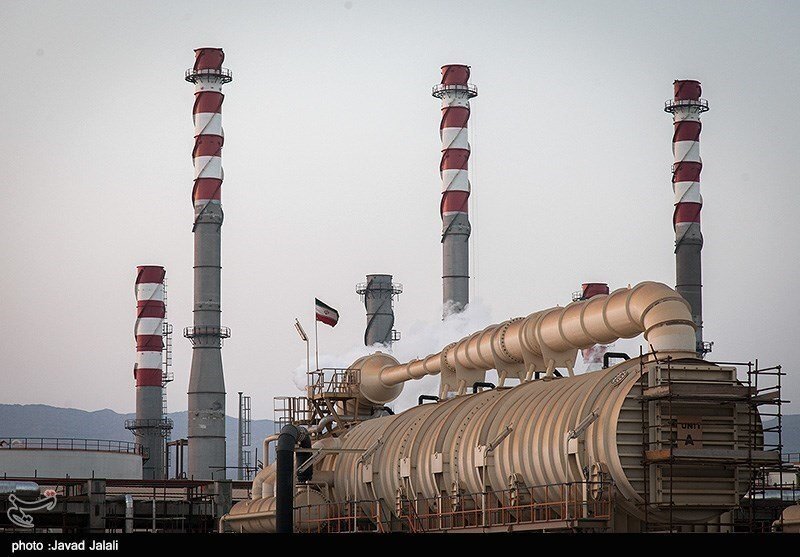Iran’s petchem output to exceed 100mt by 2021: Zanganeh

TEHRAN – Iran's annual petrochemical output is expected to reach more than 100 million tons by 2021, despite U.S. sanctions, Press TV reported on Thursday, quoting Iranian Oil Minister Bijan Namdar Zanganeh as saying.
“Iran eyes to produce over 100 million tons of petrochemicals by 2021 to meet an annual income target of $36 billion,” Zanganeh told the state TV.
He said hitting the target would mean that Iran had almost doubled its output of refined products in eight years.
Elaborating on the details, Zanganeh said a major progress had been recorded in the production of gasoline, a fuel which was once imported into Iran in high quantities.
He said Iran was now the top producer of gasoline among the countries member to the OPEC, the world’s largest oil exporting alliance, adding that output had reached around 115 million tons a day with an 11-million-ton surplus which could be dedicated to exports.
The minister said a bulk of the gasoline produced inside Iran, around 75 million tons, was very low in sulfur and met strict European standards on environment protection.
Faced with American sanctions that have restricted its sale of crude, Iran has sought to earn more from a developing downstream industry in its oil sector.
Exports of refined products have surged since the U.S. imposed its sanctions on Iran in November, allowing the government to partly offset the lost revenue from direct oil sale.
Zanganeh said Iran’s next target in expansion of downstream sector of the oil industry would be to reach a target of 150 million tons of output in refined products in a few years time.
Petrochemical industry is one of the most important pillars of Iran’s economy and one of the main suppliers of foreign currency especially euro for the country.
According to Zanganeh, the country is currently producing 63 million tons of petrochemical products annually and with the new projects going on stream the number is expected to jump to 66 million tons in near future, further cementing the Islamic country’s stance as a major petrochemical supplier to the world markets.
EF/MA
